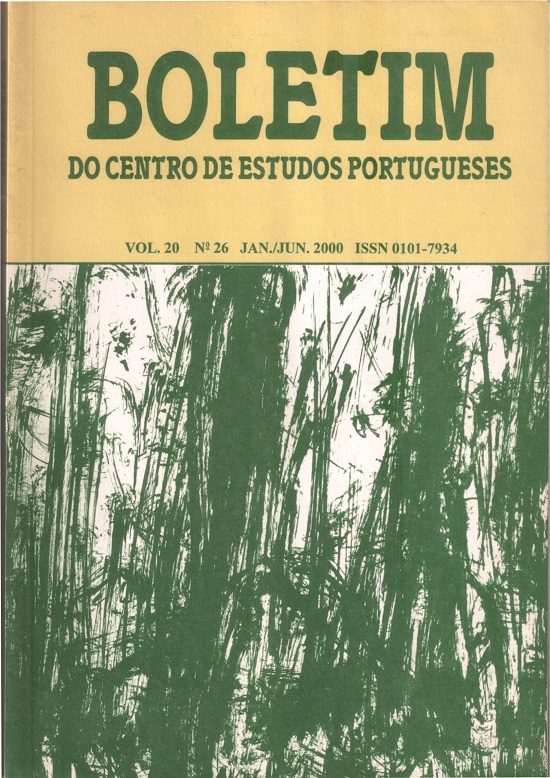RETENÇÃO SINTÁTICA NO PORTUGUÊS DO BRASIL: ANÁLISE DE UM FENÔMENO
DOI:
https://doi.org/10.17851/2359-0076.20.26.233-254Abstract
A língua evolui com o passar dos tempos devido a diversos fatores que podem ser externos ou internos a ela. No âmbito das evoluções internas verificamos fenômenos de mudanças e também de conservações lingüísticas. Este artigo analisa um fato lingüístico de retenção: o fenômeno do emprego do pronome tônico de 3a pessoa em função objetiva direta, doravante ‘ele acusativo’, no português brasileiro sob uma perspectiva diacrônica. Partindo do princípio de que o fenômeno é tão antigo quanto a própria língua portuguesa e que representa um caso de retenção sintática, fez-se necessário um recuo até o período arcaico. A explicação para a presença do ele acusativo em ambos os períodos (arcaico e contemporâneo) foi buscada na sua origem latina.
As time goes by language changes dues to several factors, which may be external or internal to it. Within internal evolution, we can verify phenomena of linguistic change, as well as linguistic retention. This paper analyses a case of retention: the use of 3 rd. Person stressed pronoun, in direct object function henceforth ‘ele acusativo’ in Brazilian Portuguese, following a diachronic perspective. Taking from the principle that this use exists ever since the Portuguese language itself does and that it represents a case of sintatic retention, it was necessary to go back to the archaic period ( of the Portuguese language). The explanation to the presence of ‘ele acusativo’ in both periods (archaic and contemporary) was searched in its Latin origin.










